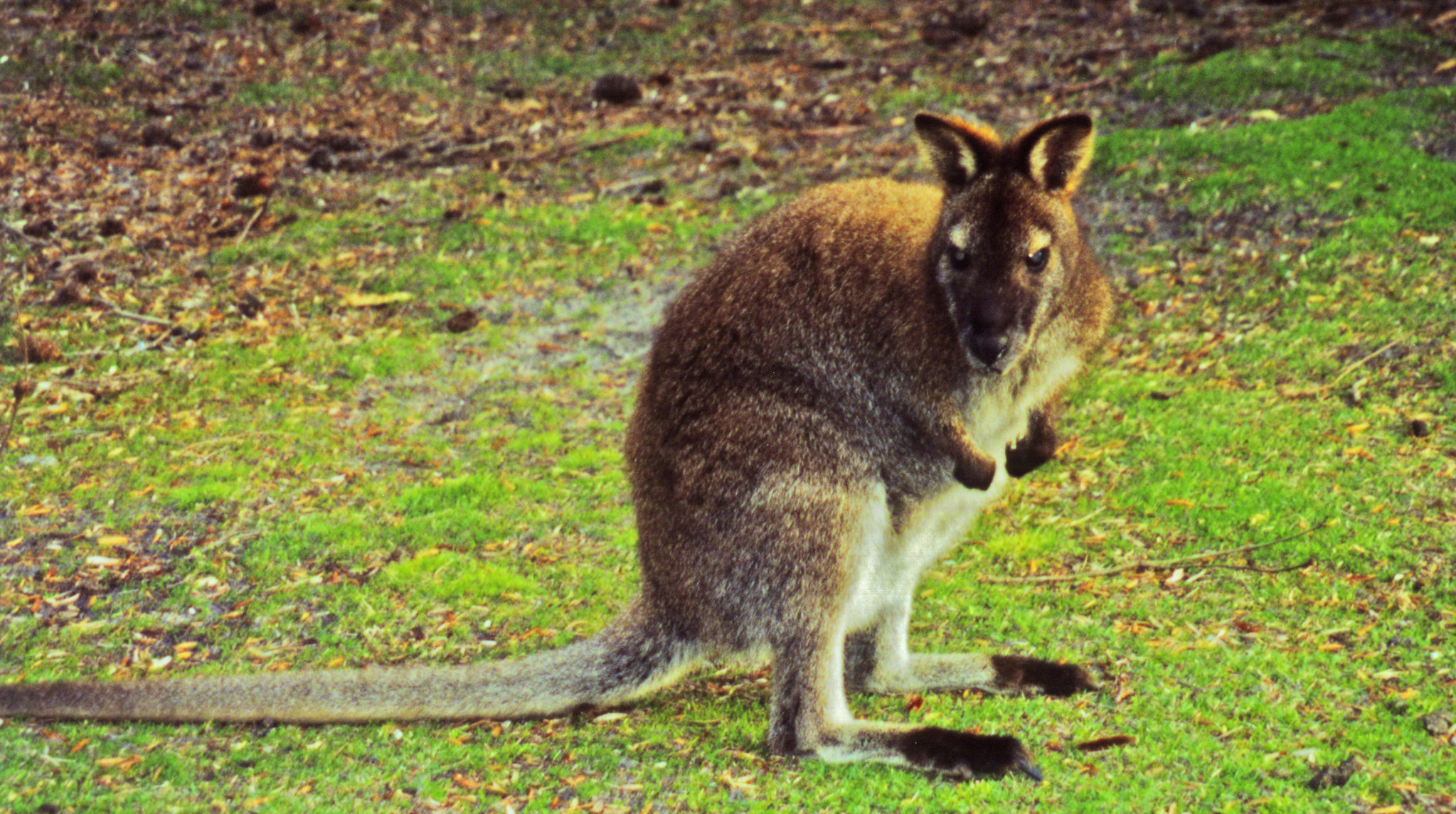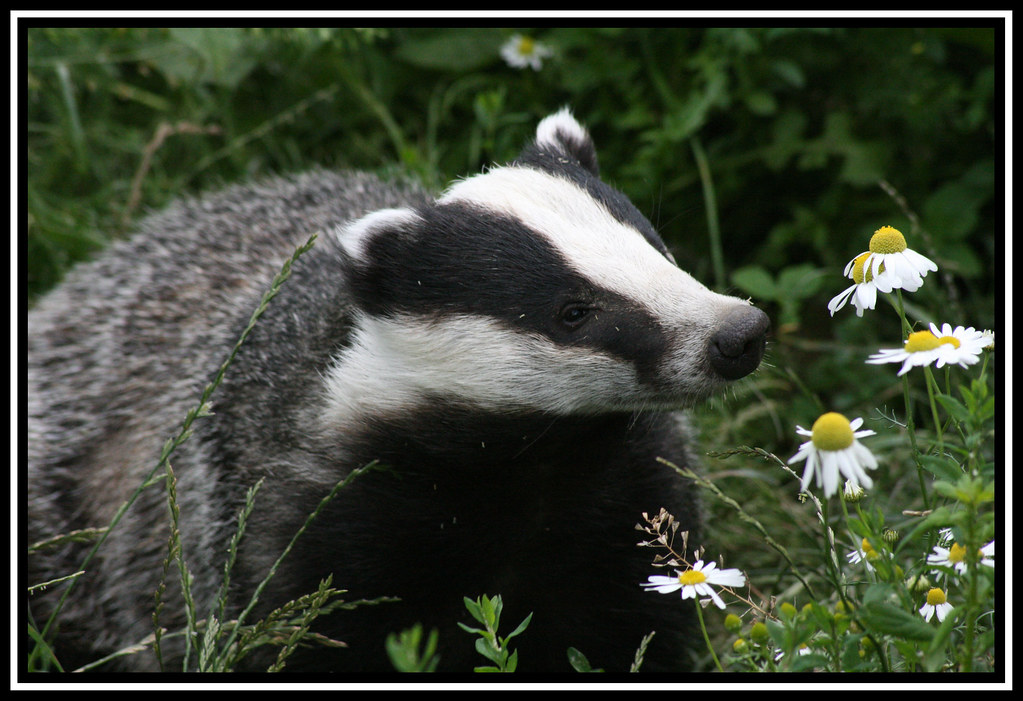
The BBC reports when the pandemic hit last year, Thomas wanted to find a way to get outdoors and learn more about wildlife. Fast forward a year and the 14-year-old from Hampshire has discovered a love for watching badgers. Thomas observes the animals at his local woodland and has written a self-published book about his discoveries. Now he wants to share his love of wildlife with others.

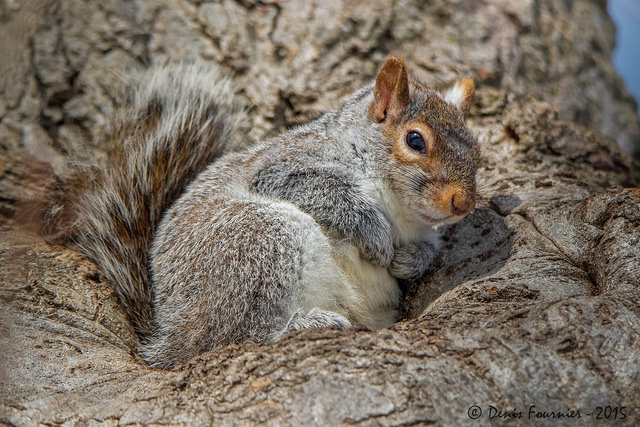
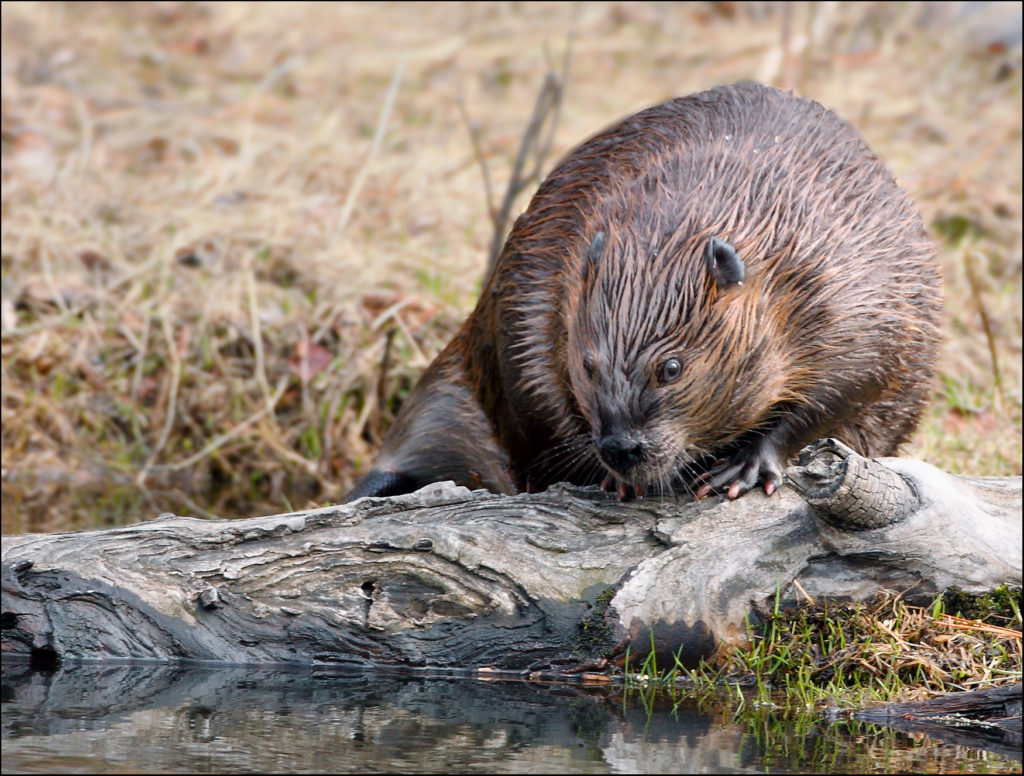
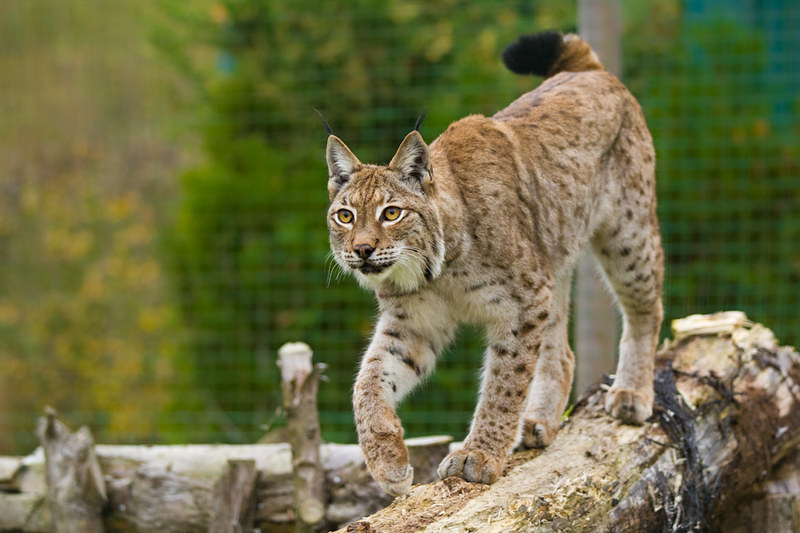
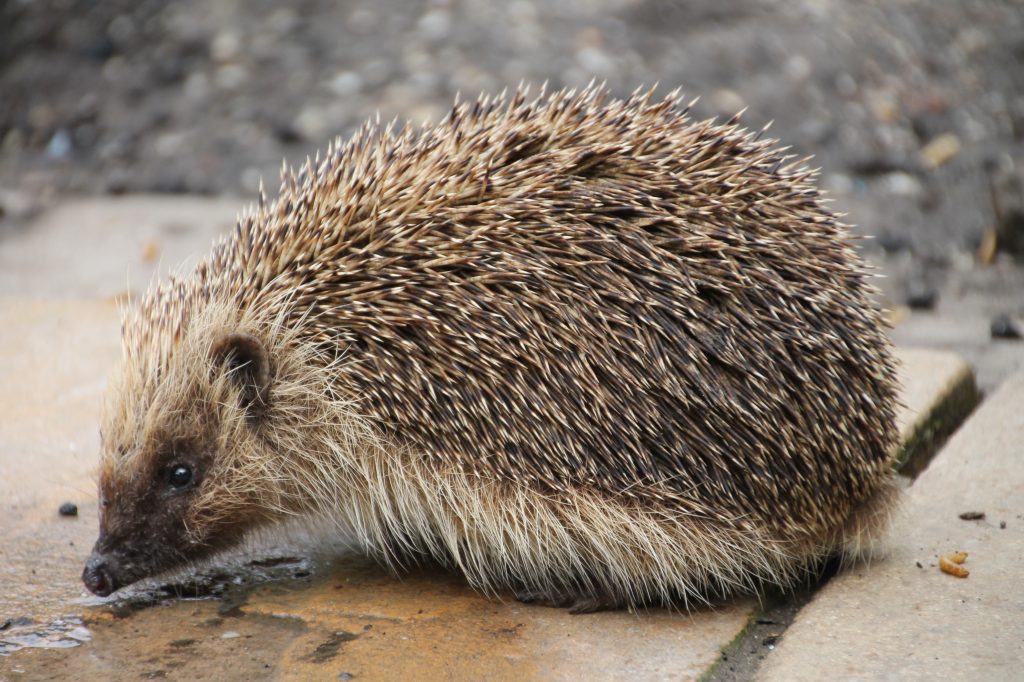
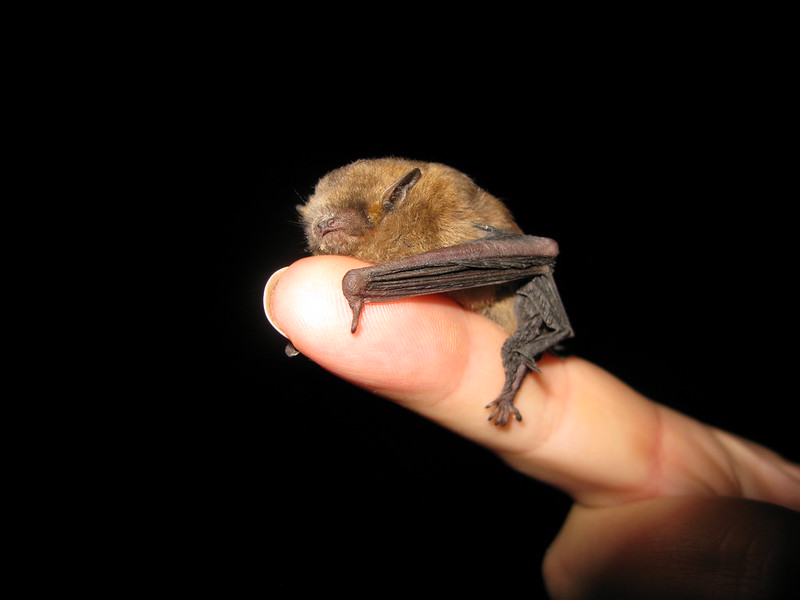
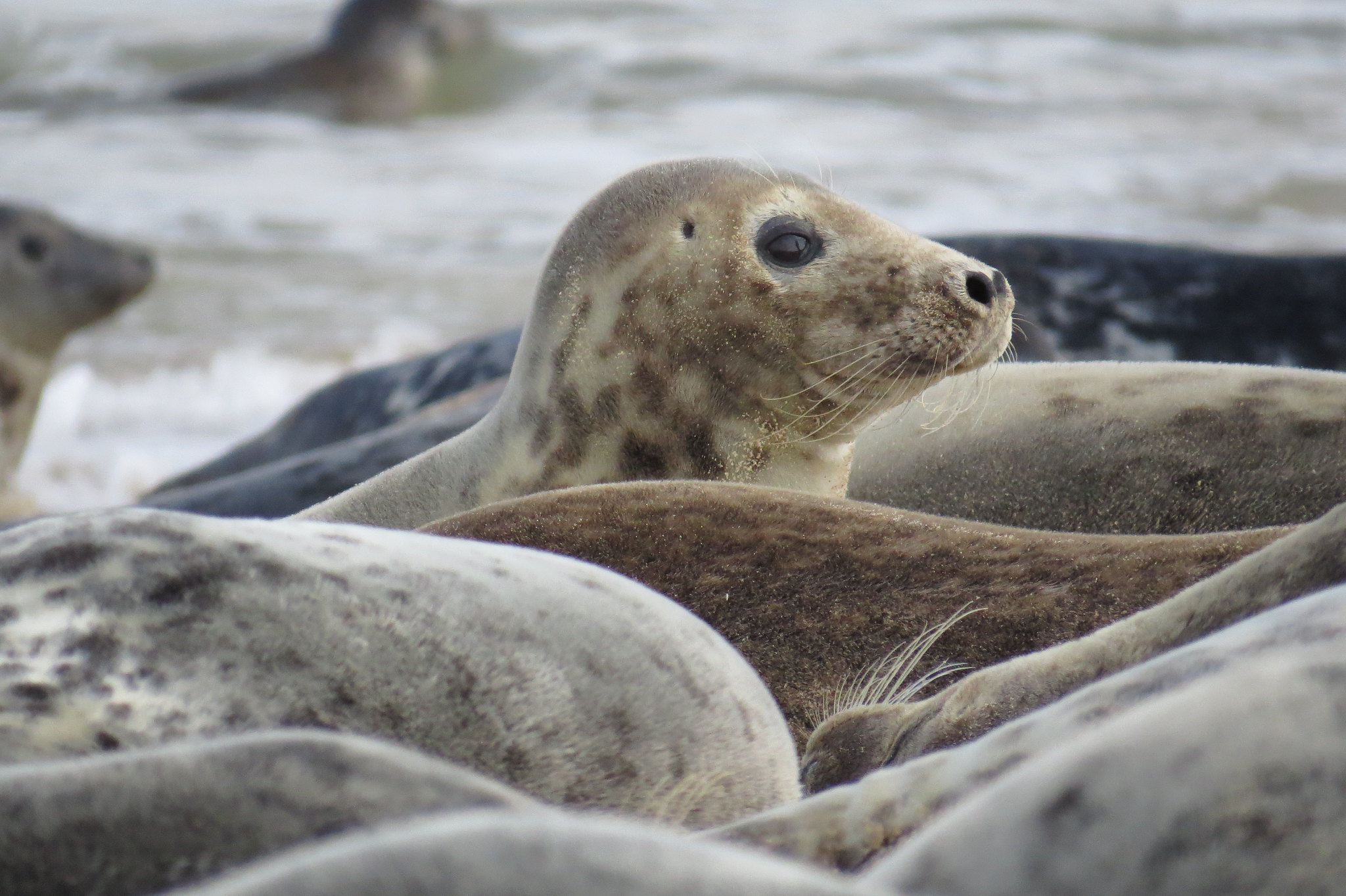 The
The 